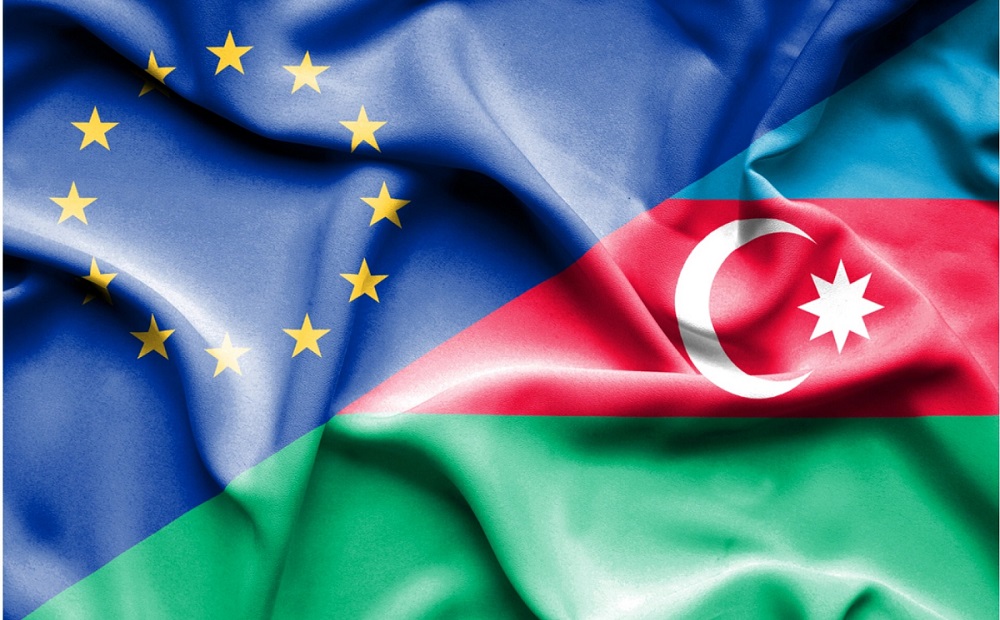British oil giant BP has released a gloomy third-quarter result today, with profits down 17% from the previous quarter.
The Financial Times reports that replacement cost profit (the preferred index of analysts because it takes into account fluctuations in oil prices to make the cost of acquiring reserves comparable) was just $3 billion from July to September, dropping from $3.6 billion in the previous three months and $3.7 billion in the same period last year.
BP looks like it’s in the middle of a perfect storm, with three different battles to fight:
- The drop in oil prices is hurting profits at all oil companies, including Chevron, Royal Dutchand Exxon. Yesterday, Goldman Sachs predicted the Brent crude benchmark oil price would hit $85 in the first three months of next year.
- BP is horribly exposed to the ongoing disaster that is Russia. It owns a 20% share in Rosneft, the Russian oil and gas company controlled by the Kremlin, which has been badly hit by the Western sanctions over Ukraine and by the general drop of the Ruble. Rosneft was expected to release its own quarterly results today but delayed without giving any explanation,according to IBT. At the same time, the Ruble hit a historic low against the Euro today, and the situation does not look as if it will improve anytime soon.
- BP is also burdened by the giant litigation bill from the US Government over the Deepwater Horizon incident of 2010. Reuters reports that the charges already paid by the end of September reached $20 billion. The figure could tripleif an appeal against a conviction for “gross negligence” is rejected. In September, US District Court judge Carl J. Barbier fined the company a further $18 billionfor its responsibilities in the Louisiana disaster.
Despite this triple challenge, chief executive Bob Dudley displayed confidence, and speaking with the Guardian said: “Growing underlying production of oil and gas and a good downstream performance generated strong cash flow in the third quarter, despite lower oil prices. This keeps us well on track to hit our targets for 2014.” The company raised its dividend to shareholders by 5.3% today.
Of course, the more BP grows production, the more it increases supply. In turn that creates downward pressure on oil prices, which increases the downward pressure on BP’s profits.












